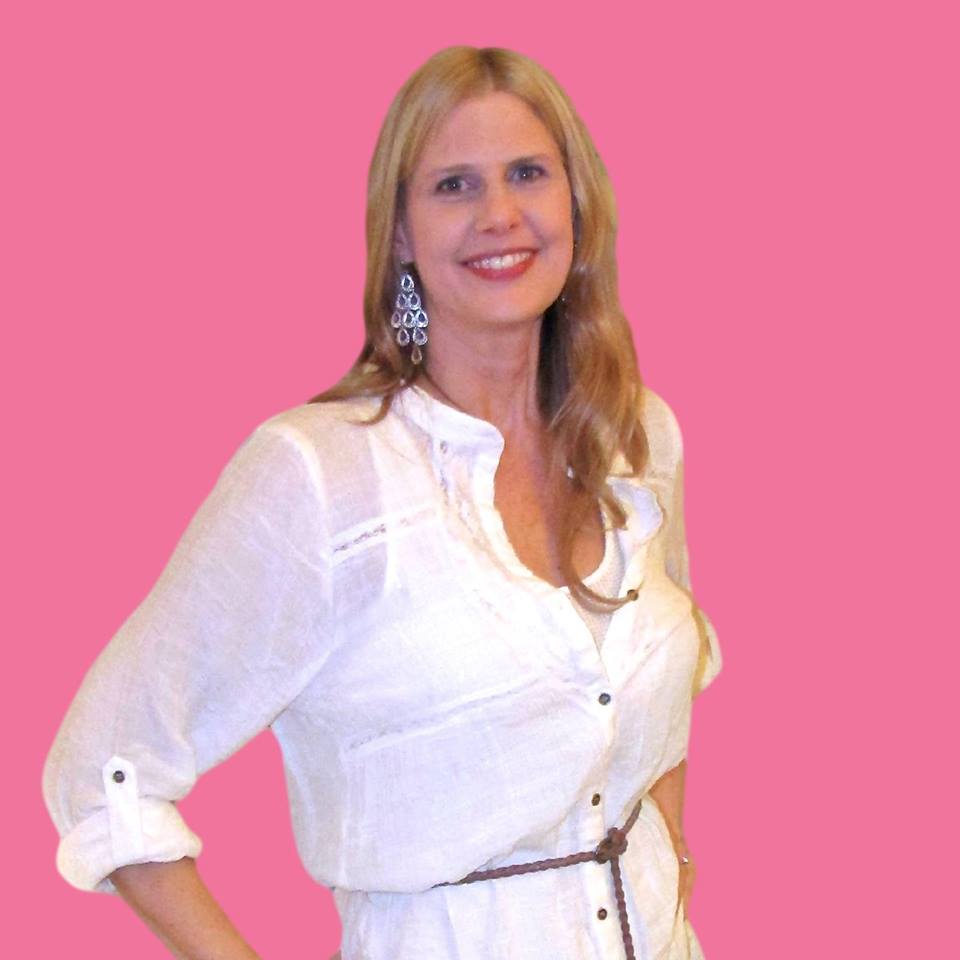The Connection To Learned Helplessness in Highly Sensitive People (HSPs)
Updated March 2016
Hi everyone. Today I want to write about a subject that many of my clients and readers can relate to as Highly Sensitive People. It is something called Learned Helplessness. Learned Helplessness is that feeling of powerlessness that we all feel at times, and for some of us it is more pervasive and all encompassing than for others. There is much hope in talking about it because if you can understand the roots of this feeling, you can understand that it is “learned” behavior and that you can become aware of it when it hits you and ultimately heal from it completely.
I first heard about Learned Helplessness in my introductory psychology class in college. And you probably have heard the story as well–the story of Pavlov’s dog. Pavlov used a dog in an experiment in human behavior to demonstrate the result of conditioning. I can’t recall the exact details except that the dog was given rewards or withheld the rewards and the resulting behavior of the dog was recorded and studied. There were other dog experiments by a psychologist named Seligman in which he shocked sets of dogs to demonstrate learned behavior and conditioning and punishment.
The main thing I remember vividly about the whole thing was that at the end of the Seligman experiments, the dogs were shocked repeatedly both when they completed a task correctly and also when they did not. The poor dogs were so confused that they layed down depressed and GAVE UP and even whined–and this was Learned Helplessness that the dogs were experiencing. I still remember learning about this vividly because I felt SO bad for these dogs–I was empathizing and upset beyond what the average person reading this would expect to be.
At that time in college I did not have the insight or self-awareness yet to realize it was because I resonated so much personally with how the dogs were treated. As a highly sensitive, empathetic person I knew just how those dogs must have felt and I related to them giving up and laying down, hopeless, and helpless, in fear, and self-doubt. Those dogs were experiencing the same damned-if-you-do-and-damned-if-you-don’t no-win situation that those who were bullied consistently (or even neglected or controlled) by a caretaker or narcissistic or controlling parent were subjected to day in and day out as children. Years later I remember talking to a counselor about this, knowing just how a dog in those experiments must have felt and it helped the counselor have a picture of the frustration, fear, desperation, loneliness, despair, hopelessness, and helplessness.
After I voiced this to the counselor, I was able to picture myself as a small child with the same compassion I had for such a dog and finally realized that I deserved so much more. The roots of my anxiety were then exposed–no wonder I felt anxious all the time, no wonder I was a perfectionist and afraid to disappoint anyone, no wonder I didn’t know how to relax, no wonder I had no access to my own dreams and desires and was filled with self-doubts and negative messages in my head. It helped to talk to someone about how I felt what I experienced could compare to the treatment of those dogs–the feeling of not being given consistent love and support and feeling rewarded only if obedient and punished with emotional rejection if not.
My life coaching experiences and studies have taught me the following in regards to those highly sensitive people with a narcissistic parent: The Scapegoat child of a N parent can very much relate to this constant punishment and criticism. But the Golden Child (GC) can relate as well because they are often the obedient one who needs desperately some kind of loving approval and, out of fear, becomes what the parent or wants for them to become. Outwardly to others it may appear as if the GC has it all–the love, attention and admiration of the Narcissistic parent. But inside there is so much emptiness and pain, an absence of the knowledge of self and true feelings–feelings that had to be hidden away because they were too painful to bear. The false self is developed and honed in, the GC knows exactly how their N parent feels even before they do. The GC develops a radar that helps them to survive the lack of love and support–and they develop an illusion that they are the ones at fault if, even with their best efforts, they fail to win the acceptance of the N parent. They blame themselves and have very low self-esteem, crushed by criticism, holding relationships at arms length so no one will get too close and cause them further pain.
The roots of co-dependence are also linked to this learned helplessness–victims of such abuse telling themselves that there must be something wrong with them and that they are deeply flawed and it usually goes in one of two ways–either they decide they need to find another person to love them and take care of them and then they will be happy (co-dependence) or they become a porcupine not letting anyone one else near, lashing out at anyone who suspects that they just might have some insecurities underneath their outwardly successful yet workaholic exterior shell. People who suffer from panic attacks and even agoraphobia often have learned helplessness from childhood as a root cause as well.
“What can a person do?” you may be asking if you relate to what I am describing. Plenty! Just being aware and believing that this happened to you as a child is the first step. Just as you have compassion for the dogs in the experiments, you need to develop this same compassion for yourself and make a decision to stop being so hard on yourself. Make a decision to be kind to yourself every time you are feeling bad–it is almost always childhood pain coming up to tell you the truth of what really happened to you. Become aware that the negative messages in your head were put there by someone else and that you did not deserve them. Change them to positive messages. Write in a journal all the things you were good at as a child and never given credit for. Writing out the truth is powerful and go back and read it often to remind yourself.
It takes time so be patient with yourself. Taking baby steps in the direction of healing is wise because there is pain to work through and release but you can do it! You have many gifts and talents that have never been acknowledged yet and only you can bring them out from their repressed state of Learned Helplessness.
Whether you were the scapegoat in your family or the obedient golden child, you can heal from the trauma of Learned Helplessness. Often people who experience post traumatic stress from an abusive childhood fall into this state of learned helplessness when their wounds are triggered. It can feel like an inability to function, a numbness–but sometimes the feelings along with that are a mix of rage and despair.
If you have lashed out at loved ones with an intensity beyond what is appropriate then you probably were a victim of a person that controlled you in an abusive way far far too much with no remorse. If you were extremely sensitive (extremely emotionally gifted 🙂 ), just a mean look from his/her eyes could cause a traumatic reaction in you as a child and the fear may have felt like a spear through your heart. The rage and despair you feel is understandable and appropriate but needs to be directed, voiced, and released at the person that did this too you in a journal, letter that won’t be sent, and/or perhaps even read outloud with a safe witness friend, counselor, or coach present (never to them or to their face) . You will find a sense of relief each time you release some of this truth and the light inside of you will become brighter and brighter and you will feel lighter and lighter. You will begin to experience the essence of your true self and the vitality you deserve. This is the process of healing. Don’t hold onto the anger and resentment that comes up but release it completely each time, visualizing the negative emotions going up to heaven or into the earth,whichever appeals most, to be healed by love and light–Imagine love and light coming to you as well to replace these negative emotions each time to center yourself again to a peaceful state.
Why did you experience learned helplessness while your siblings did not? Perhaps you had the gift of high sensitivity and along with that the knowledge and expectation of a higher level of love. And when you did not receive this love that you innately knew existed, you had no choice but to blame yourself because…it made no sense to you. Your siblings possibly just got mad at your parents and rebelled–they may have had no higher vision of a loving existence so it didn’t feel as traumatic to them.
So you see, the cure and the answer to all of your self-doubt and learned helplessness is LOVE. Love yourself as you deserved to be loved and give yourself the love that you so easily give to others because that is your gift. Compassion and love for yourself will help you overcome all of the many symptoms of Learned Helplessness just as consistent love and affection and kindness would help Seligman’s abused dogs to learn to trust people and trust themselves again. I hope my words have been helpful to you.
With love,
Roxanne





Recent Comments